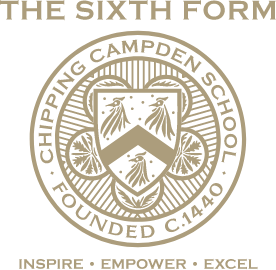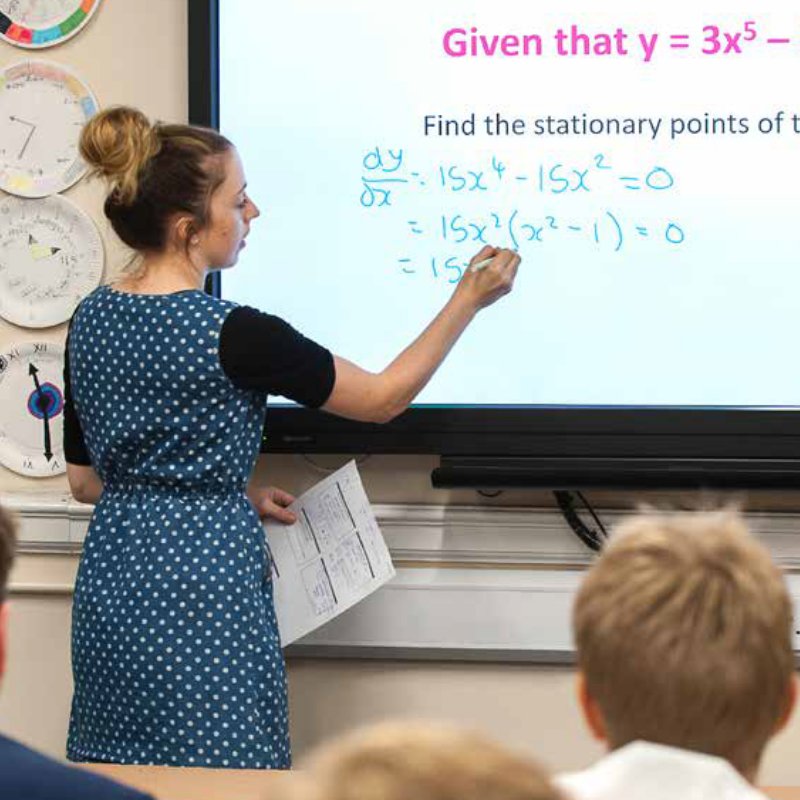Mathematics & Further Mathematics
Course aims:
A Level Mathematics
The A Level Mathematics course builds upon all of the key concepts that students have learnt during GCSE, but also introduces them to new realms of mathematics such as calculus.
At A Level, the content is divided into three strands; Pure Mathematics, Mechanics and Statistics.
Pure Mathematics can be thought of as the fundamental principles and reasoning at the heart of Mathematics – where the real abstract beauty of the subject can be found. Mechanics and Statistics, on the other hand, are where we start to apply mathematics to the real world. Mechanics examines how forces affect a body and its motion. It deals with movement of physical objects and the relationship between force, mass and motion. In Statistics we develop both the statistical and probability components of GCSE Mathematics. We use a range of techniques to statistically analyse data to allow us to solve problems and make conclusions in real world contexts.
The aims of the A Level Mathematics course are to extend students’ mathematical knowledge so that they can make logical, reasoned decisions in solving problems and communicate the mathematical rationale for these decisions clearly. Students will see how mathematical ideas progress and develop in complexity, as well as how they are connected and how they can be applied to other fields of study.
A Level Mathematics is examined in the June of Year 13 through three 2-hour examinations, two covering Pure Mathematics and one examining both Mechanics and Statistics. We teach the Edexcel specification.
A Level Further Mathematics
A Level Further Mathematics goes into much more breadth and depth than A Level Mathematics. It prepares students for further study and employment in highly mathematical disciplines that require knowledge and understanding of sophisticated mathematical ideas and techniques.
The course is split into three strands – Core Pure, Further Mechanics and Further Pure – all of which are examined at the end of Year 13 across four 90 minute exams. Students will be additionally examined in the May of Year 12 through two 1 hour 40 minute exams covering just the content taught in that first year of the course. Taking these exams will give the students an AS Level in Further Mathematics which they can use to enhance any university applications.
For the Core Pure units, students build upon what they are learning in A Level Mathematics by delving deeper into far-reaching strands of mathematics including proof, complex number and hyperbolic functions. Further Mechanics 1 introduces students to the coefficient of restitution and the Work-Energy Principle, extending students knowledge beyond what is covered in both A Level Mathematics and A Level Physics. Further Pure 1 covers a variety of completely new topics including conic sections and t-formulae, whilst continuing to further develop students’ understanding of vectors and differential equations.
Entry requirements:
Students are required to have a Grade 7 in Mathematics GCSE to study A Level Mathematics. An aptitude for algebra is vital along with a resilient approach to learning.
For A Level Further Mathematics, students should have achieved a Grade 7 in Mathematics GCSE as a minimum qualification and must also be taking A Level Mathematics. This means Mathematics and Further Mathematics will be studied in two option blocks and will lead to two separate A Levels. For particularly able mathematicians this could be considered as a fourth subject; with the possibility of taking this as an AS Level.
Additional information:
Please note, if you are considering studying Mathematics at degree level, many universities require both A Level Mathematics and Further Mathematics as part of their entry requirements. Often when it is not a specific requirement, A Level Further Mathematics is a desirable addition.
Summer Work
To view the latest summer work please go to the ‘Student Information’ tab at the top of the page or click here – Summer Work
Downloadour Prospectus
With over 30 subjects for you to choose from, you’ll be sure to find your favourite subject, whether it’s old or new. Download the brochure today for more information.


